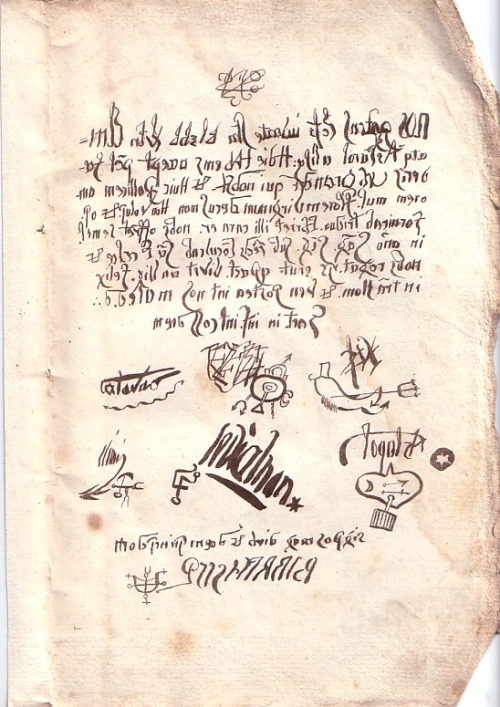Grafomāniem
Posted on 2011.07.02 at 19:40Doom: Liepziedi
Mūza: Tamaryn
Caveat emptor.
Carpe diem.
O si villi, si ergo, fortibus es in ero.
Et tu, brute.
HOW TO WRITE GOOD
by Frank L. ViscoMy several years in the word game have learnt me several rules:
1. Avoid alliteration. Always.
2. Prepositions are not words to end sentences with.
3. Avoid cliches like the plague. (They're old hat.)
4. Employ the vernacular.
5. Eschew ampersands & abbreviations, etc.
6. Parenthetical remarks (however relevant) are unnecessary.
7. It is wrong to ever split an infinitive.
8. Contractions aren't necessary.
9. Foreign words and phrases are not apropos.
10. One should never generalize.
11. Eliminate quotations. As Ralph Waldo Emerson once said: "I hate quotations. Tell me what you know."
12. Comparisons are as bad as cliches.
13. Don't be redundant; don't use more words than necessary; it's highly superfluous.
14. Profanity sucks.
15. Be more or less specific.
16. Understatement is always best.
17. Exaggeration is a billion times worse than understatement.
18. One-word sentences? Eliminate.
19. Analogies in writing are like feathers on a snake.
20. The passive voice is to be avoided.
21. Go around the barn at high noon to avoid colloquialisms.
22. Even if a mixed metaphor sings, it should be derailed.
23. Who needs rhetorical questions?
Ir arī turpinājums. :)



